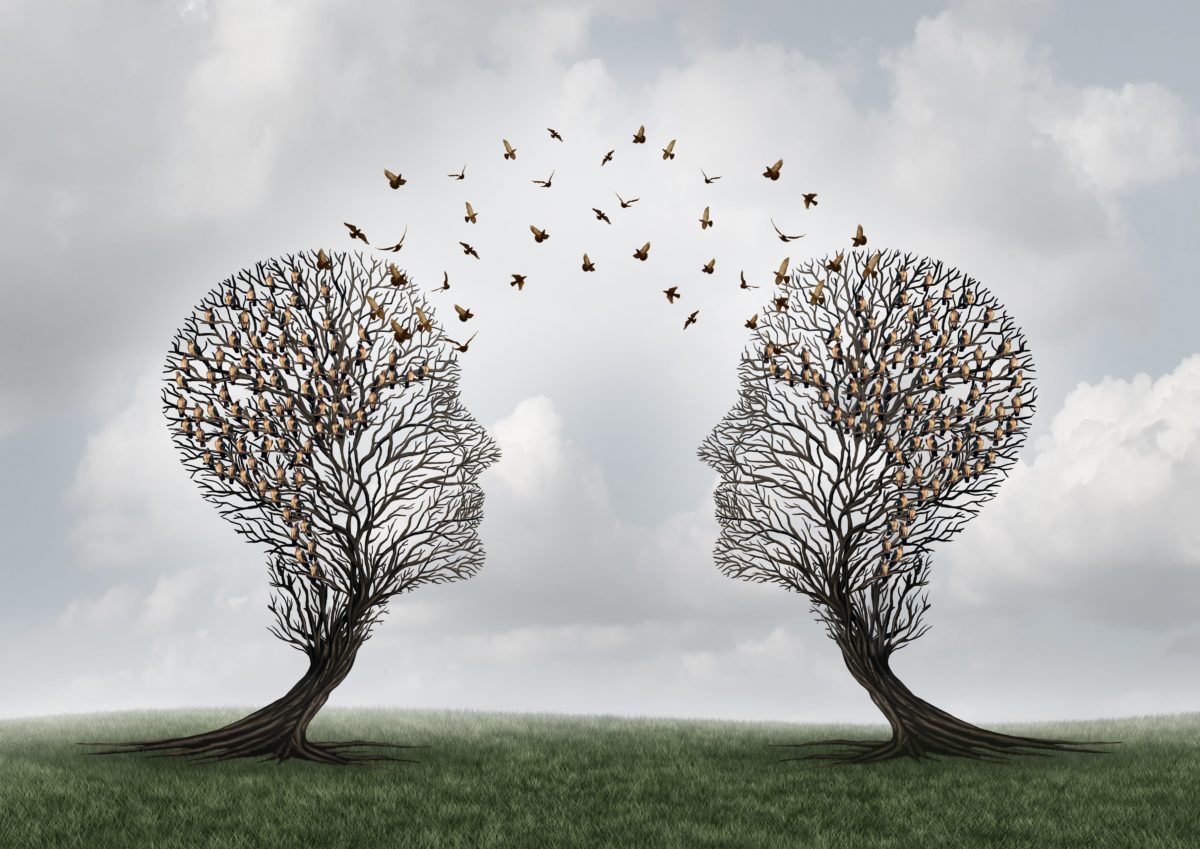Those words from my lovely wife ended our argument in the kitchen last night.
The night before that, a minor difference in opinion had flickered into a tiny spark and by the time Hegel got involved the next day, it had turned into an inferno.
Before we move on, let’s get to know a little about Hegel so it can help us understand where these two loving souls, my wife and I, usually depart and seldom meet again.
Georg Wilhelm Friedrich Hegel was a German Philosopher and was considered as the most important figures in German philosophy and one of the founding figures of modern Western philosophy. Leaving all the things he’s said aside, the one thing that has struck a chord with me is his theory on “shape of consciousness”.
Hegel says simply put, we cannot trust the certitude of our sense organs, also called sense-certainty, because that certitude is embroiled in limitations. Add to that, the human consciousness, and language upon which all sense-making is forced. That leaves no room for subjective agency. Our means of understanding our reality are encouraged, sustained, inspired, and tolerated by those sets of very weak and humanistic attributes. We are flawed in our take of our reality because the moment we set our eyes on something, it takes a form of what it means for us.
Not what it is in its real essence, but what it means to a human mind.
Imagine a botanist, a wood cutter and a CEO of a furniture company taking a walk in a forest. What they see when they look around are trees and nothing but trees.
In essence what a tree is, in-itself, they will never know. They cannot catch themselves seeing those trees from anywhere else beyond what their human mind lets them see.
The botanist will see the trees in terms of cambiums and apical meristem.
The woodcutter will see those trees in terms of his livelihood and his children’s tuition.
The CEO will see them in terms of how many desks his company could produce from the wood of those trees.
The tree’s essence, what it is, and why it is what it is, can never find a place of its individuality because the human mind, limited within its Hegelian purview, will eat up that possibility before anything else.
The tree can never be a tree in itself. Instead, it must be a tree for those three people.
Thomas Nagel, one of my other to-go thinkers wrote a paper back in 1974 titled ‘What is it like to be a bat?’ There is no amount of knowledge or information about a bat that can tell us what it feels like to be a bat within the confines of its bat consciousness.
Its hunger, its love, its breezing along the meandering swoops and its revulsions against other fellow bats--those we shall never know. The best we could do is anthropomorphize it, like we always do in animation movies where animals tend to live up to human aspirations.
A human mind is incapable of experiencing a bat’s experience and therefore will never know how a bat might feel. There simply is not a way for anyone of us to know. Let’s be totally asserted on that truth.
In the similar manner, a botanist, a woodcutter, and my lovely wife, how’s their experience any more different from the run-down of that bat’s experience we could relate to?
Fundamentally, their personal experience that’s accessible only to them, be it during the stroll in the forest or the grunt in the kitchen, are theirs to have. I can sit here and try to relativize a woodcutter’s coveting or my wife’s annoyances, but that won’t move the dial if their shape of consciousness is absent from my reach. I can never know how she feels if I can’t own her in totality.
And this is where Hegel comes along to enlighten the predicament of the misrepresentations that becomes a foundational springboard in understanding the shape of the other person’s consciousness.
Our minds, our feelings and everything we claim as ours are cusped within the confines of our personal sense-making. Our experiences become relatable only if we can find a medium to universalize it in terms of human graces or grunts.
I don’t know if Hegel can truly do my wife’s dishes or not.
I am positive he will not because he died long before both of us were born.
Nonetheless, Hegel does remind us that in absence of common reference, our words will fail us miserably.
And when that happens our silence, perhaps, will hold more meaning.

